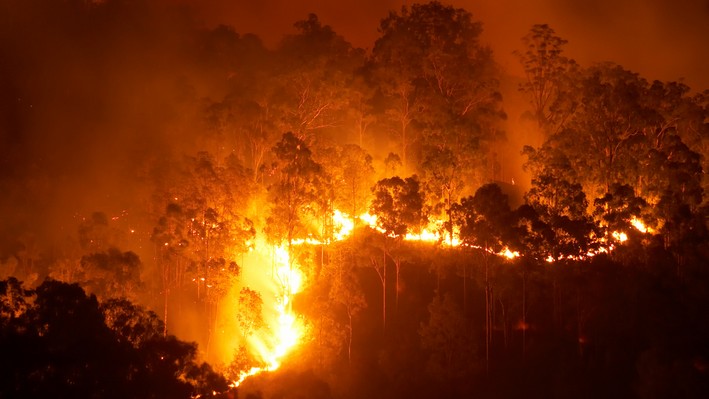Newspaper editorialLa Tribuna
Last week, the National Forestry Corporation (Conaf) officially presented the 2024-2025 Regional Action, Prevention, and Mitigation Plan for Forest Fires in Biobío.
During the official announcement, made at Carriel Sur Airport, the increase in state budget allocated to this task was highlighted, exceeding 156 billion pesos, of which nearly 21 billion are designated for the Biobío region. Our area will have 11 aircraft of varying specifications, along with specialized vehicles and Conaf's technological equipment.
On this occasion, the president of Corma Biobío-Ñuble, Alejandro Casagrande, emphasized the importance of public-private partnerships and detailed that, during the fire season, companies in the sector will contribute 22 aircraft and 1,600 firefighters.
There is no doubt that coordination between the public sector and private companies is one of the key lessons—and advancements—the country has achieved in combating this true scourge for regions like ours.
Along the same lines, while acknowledging the increase in resources and the commitment shown by the various stakeholders involved in this matter, it is important to reiterate the need to complement these efforts with appropriate legislation that comprehensively addresses the phenomenon.
This comes in light of the recent general approval of the initiative regulating the prevention of forest fires, which has until October 28 for improvements to the legal text to be submitted, after which the members of the Agriculture Committee will resume studying the proposal, now in detail.
As industry associations have pointed out, a law is needed that particularly targets the intentionality behind a very high percentage of these incidents, since the current bill focuses only on the responsibility of agricultural and forest landowners in managing risk factors—not on strengthening tools to pursue those who deliberately and plannedly seek to cause harm by starting fires.
It is also crucial for the regulations to emphasize the productive recovery of affected areas, considering the severe impact of fires on the livelihoods of thousands of families, as well as increased protection for firefighters who often face significant risks during emergency response.
Our country—and especially a forestry region like Biobío—must make comprehensive progress in addressing an issue that has caused so much damage to the economic and social development of southern Chile in recent times.







Comments (0)
No comments yet. Be the first to comment!
Leave a comment